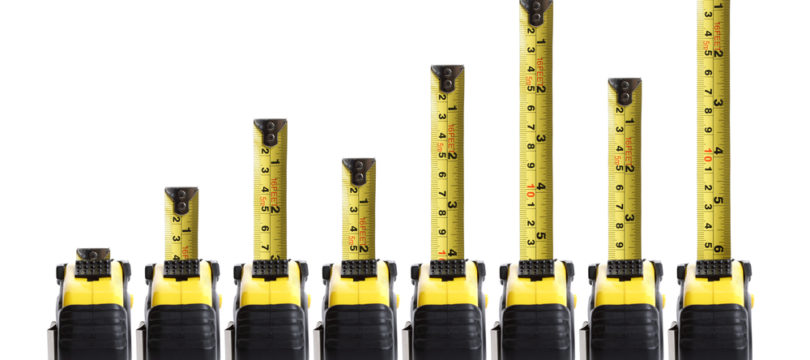
I have previously written blogs around the purpose, principles and do’s and don’ts of interactive procurement workshops when running a tender or procurement process.
The purpose of an effective interactive procurement workshop with your client
The principles behind ensuring an effective interactive procurement workshop experience with your client
The do’s and don’ts of an effective interactive procurement workshop experience with your client
These blogs above stressed the importance of the interactive procurement process particularly when people, team and culture fit is critical to your evaluation criteria when choosing a proponent to work with on your project. The interactive procurement workshops also enable you and the supply chain to build trust and de-risk their offerings to you to enable value for money proposals with minimal contingency and clear risk allocation around the project.
I would now like to work through the importance of measuring the effectiveness of your interactive procurement workshops. Given that many of the collaborative procurement models can take up to eight to sixteen weeks of interactive procurement workshops on a whole range of matters from design, construction, community and stakeholder through to commercial, it is critical that the time is being used wisely. The proponents must be getting value out of these workshops given the time and cost investment from both them and the client. It is a massive investment that must be measured effectively to ensure we can also adjust our approach, agendas and interactions to ensure all parties get what they need from them.
So how do you measure the effectiveness of these workshops?
At BRS, we are very keen on receiving feedback as a standard agenda item at the end of each proponent’s interactive workshop. It takes five minutes to run a simple online survey that supply chain attendees fill in on their phones at the end of each workshop. We use the Poll Everywhere (https://www.polleverywhere.com/) software to design a simple survey to gauge the effectiveness of the workshop. We stress to everyone that the feedback is confidential and will be combined with other shortlisted proponents to provide anonymity for this particular team. This is important in ensuring they are comfortable in providing the feedback to ensure we continue to build trust with them throughout the interactive procurement process.
The types of questions that would normally be covered using a scale of 1-5 in an interactive procurement workshop survey to measure the effectiveness of the interaction focused on whether the proponent got what they needed in relation to:
- Access to the right people within client, specialists and our stakeholders
- Quality & clarity of information and feedback prior, during and post our interactive meetings
- Timeliness of responses / responsiveness to actions, queries and other areas of the interactive process
- Constructive behaviours of the client team in creating an environment for proponents to drive a value for money outcome in their tender submission
- Relationship building by the client team in aligning on expectations, sharing the big picture and outcomes and building trust during interactive process
- Alignment from the client and all stakeholders around consistency of message/expectations and outcomes expected through interactive process
- Effectiveness of interactive process including right focus areas being discussed, organisation & logistics
- Opportunities to ask questions/clarify areas of the RFP/drive the process as a proponent
- Suitable accountability process in place for actions and areas of follow up between meetings
- Overall Rating
- Open ended comments
You cannot improve an interactive procurement without measuring its effectiveness. There is a need to really ensure you are diligent in running a simple five-minute survey like this to check in with the proponents as to whether they are truly valuing the interactive process and we are ensuring value for money outcomes will be achieved when the tender submission closes. Quality value for money proposals that have been de-risked, with minimal contingency along with an enthusiasm from all proponents to want to work with us on our projects are the goals. Don’t wait until the tender closes to assess the effectiveness of your interactive procurement processes. Get on the front foot and receive the feedback early to ensure you guarantee a great outcome for you as a client but also your community.



